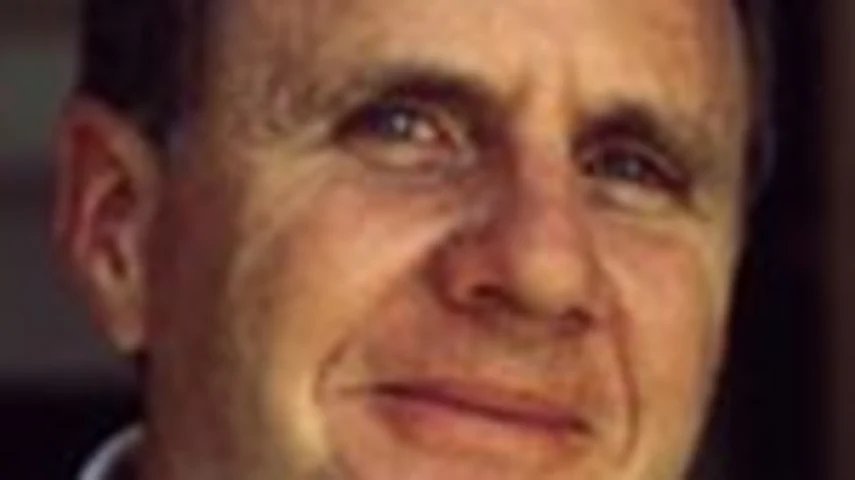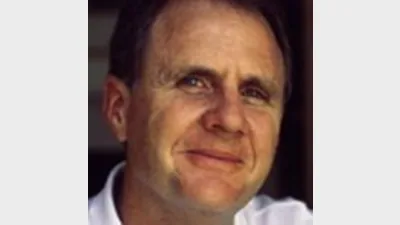Why industry funds outperformed



 |
| Warren Chant
|
Industry superannuation funds have outperformed their retail master trust competitors for nine of the past 10 years, but their outperformance has been attributable to their investment strategies and asset allocations rather than lower fee structures, according to research house Chant West.
Chant West principal Warren Chant this week confirmed the bad news that Australian superannuation fund members had experienced their worst ever year for investment returns since the introduction of compulsory superannuation in 1992, but argued that superannuation remained a solid investment.
However, looking at the outperformance of the industry funds, he said it was not due to fees because, if anything, industry funds’ investment fees were higher than those of mater trusts.
“Rather, the difference in performance is due mainly to the different investment mix (asset allocation) adopted by the two groups,” he said.
“Industry funds have had higher allocations to unlisted assets including property, infrastructure and private equity.
“With less money exposed to listed markets and more assets that are only revalued infrequently and in arrears, they have been less affected by the market reaction to the global financial crisis,” Chant said.
He said another important difference between the two camps had been the preparedness of industry funds to make medium-term tilts to their portfolios when they had felt that markets had moved too far from fair value.
“Most master trusts, in comparison, tend to set their long-term allocations and stick to them through disciplined rebalancing,” Chant said.
Recommended for you
The winners have been announced for the 2025 Super Fund of the Year Awards, held in Melbourne on 26 November.
Australian Ethical Superannuation has seen additional licence conditions imposed on it by APRA over the fund’s expenditure management.
The fund has strengthened its leadership team with three appointments to drive its next phase of growth and innovation.
ASIC and APRA have warned many trustees have failed to meaningfully improve retirement strategies despite the retirement income covenant being in place for three years.









